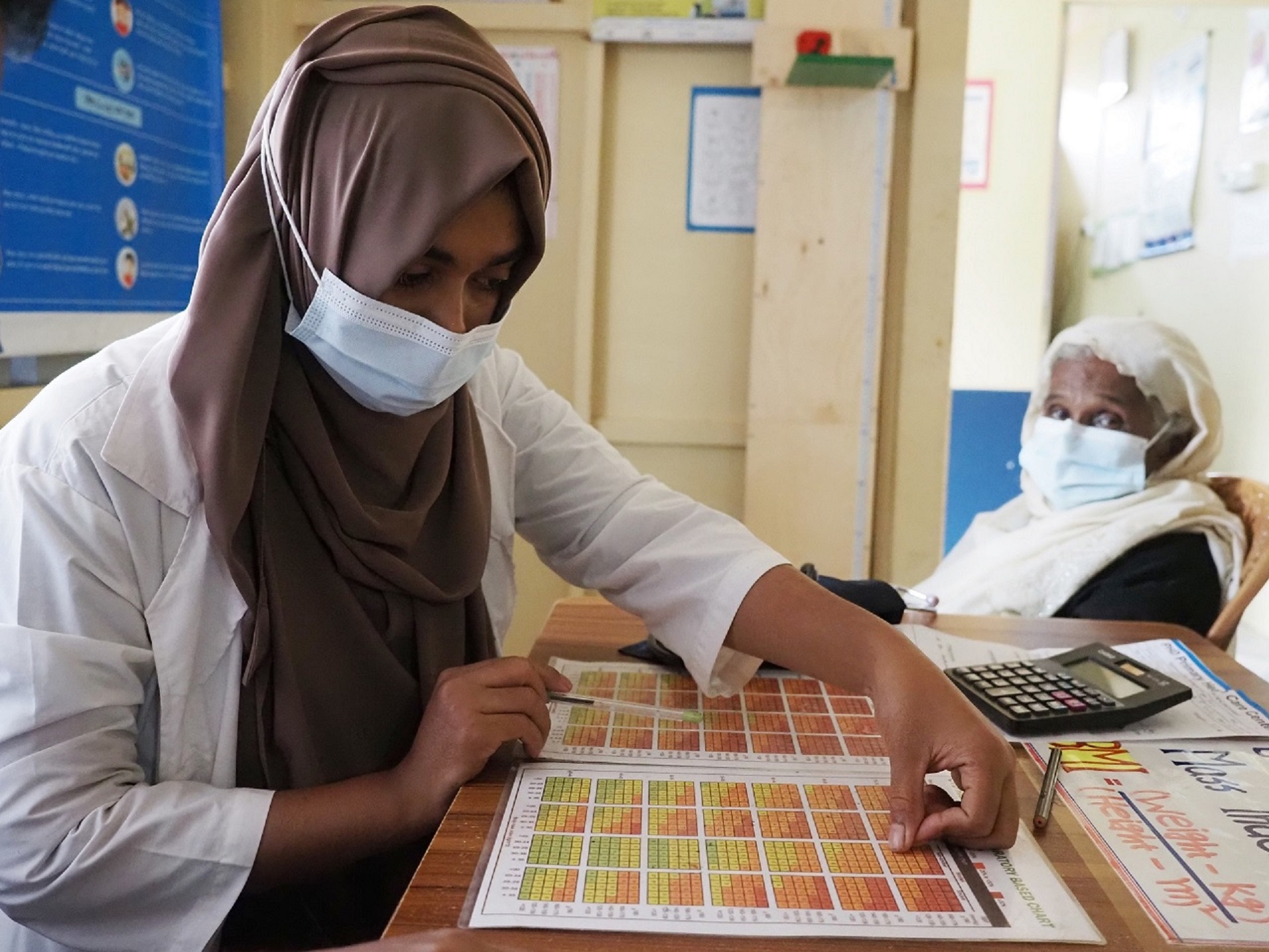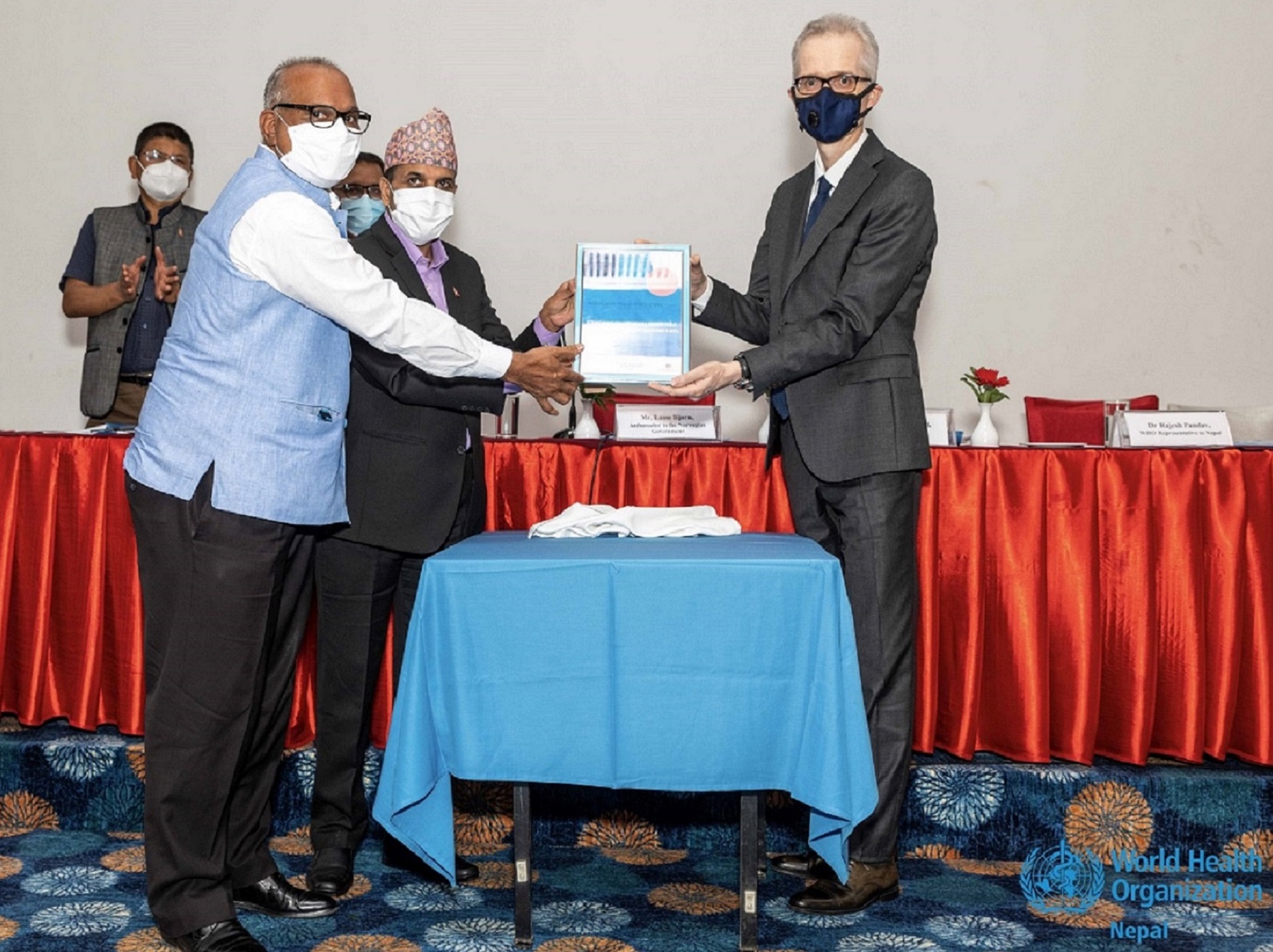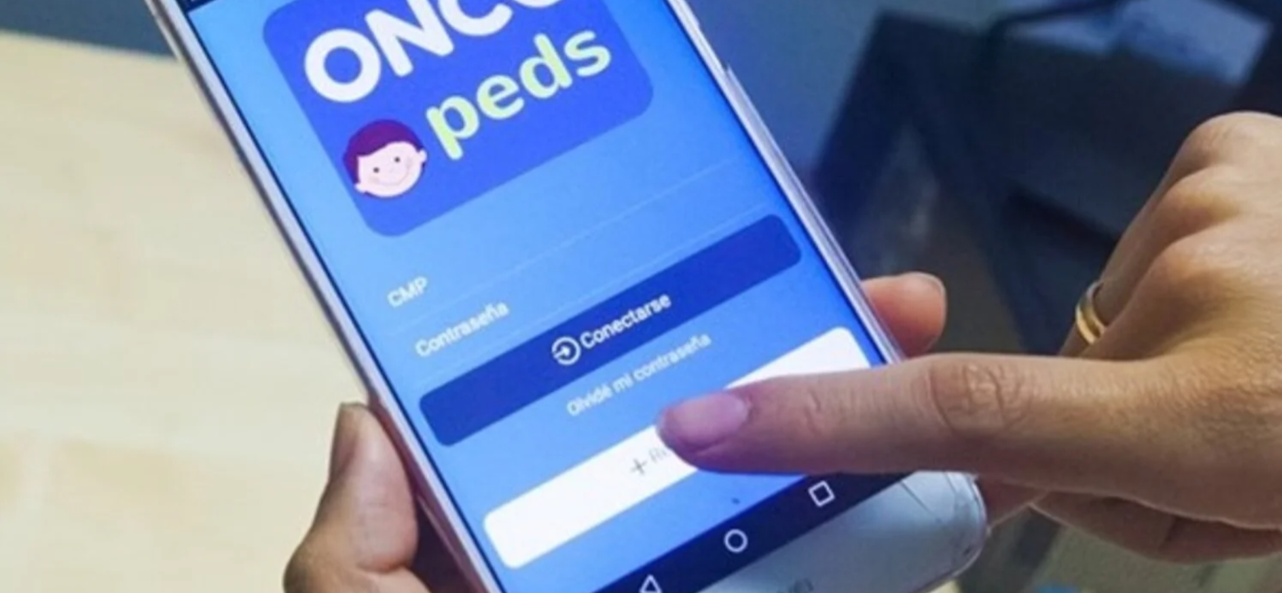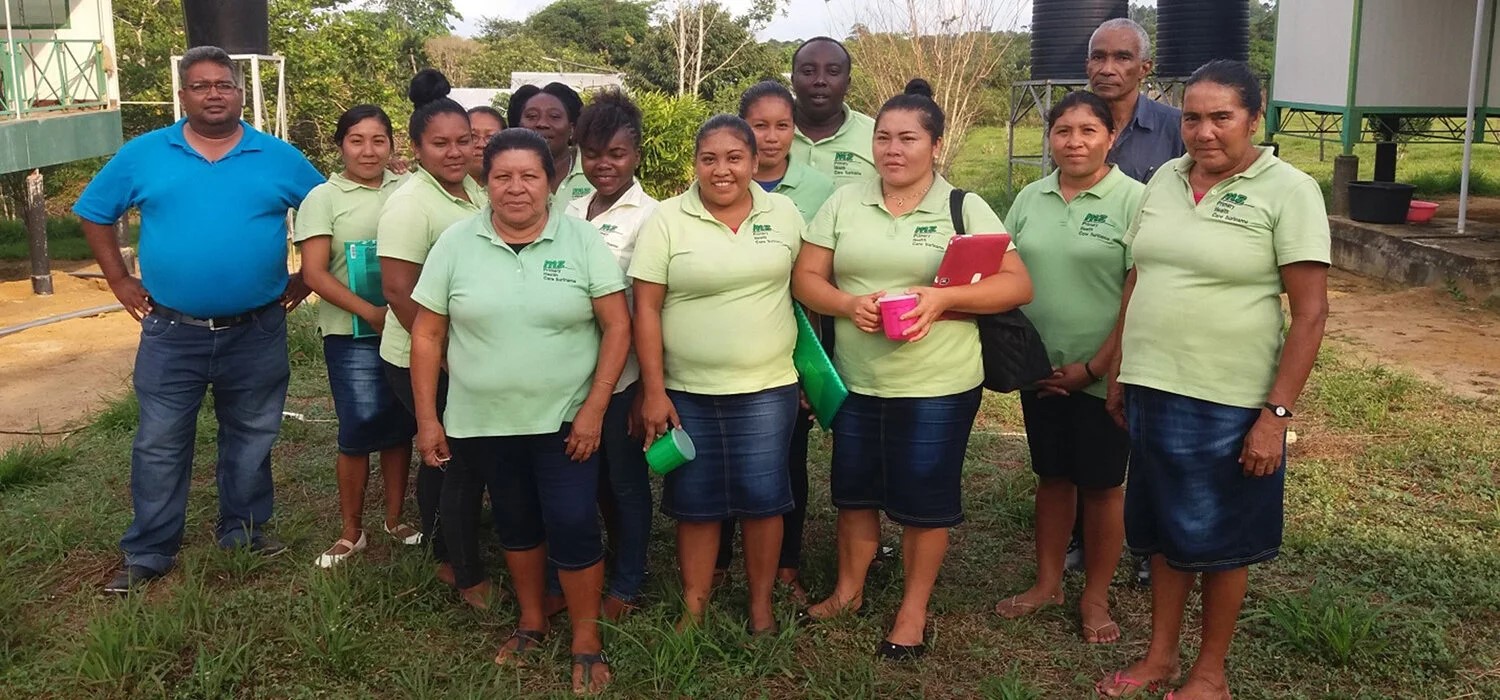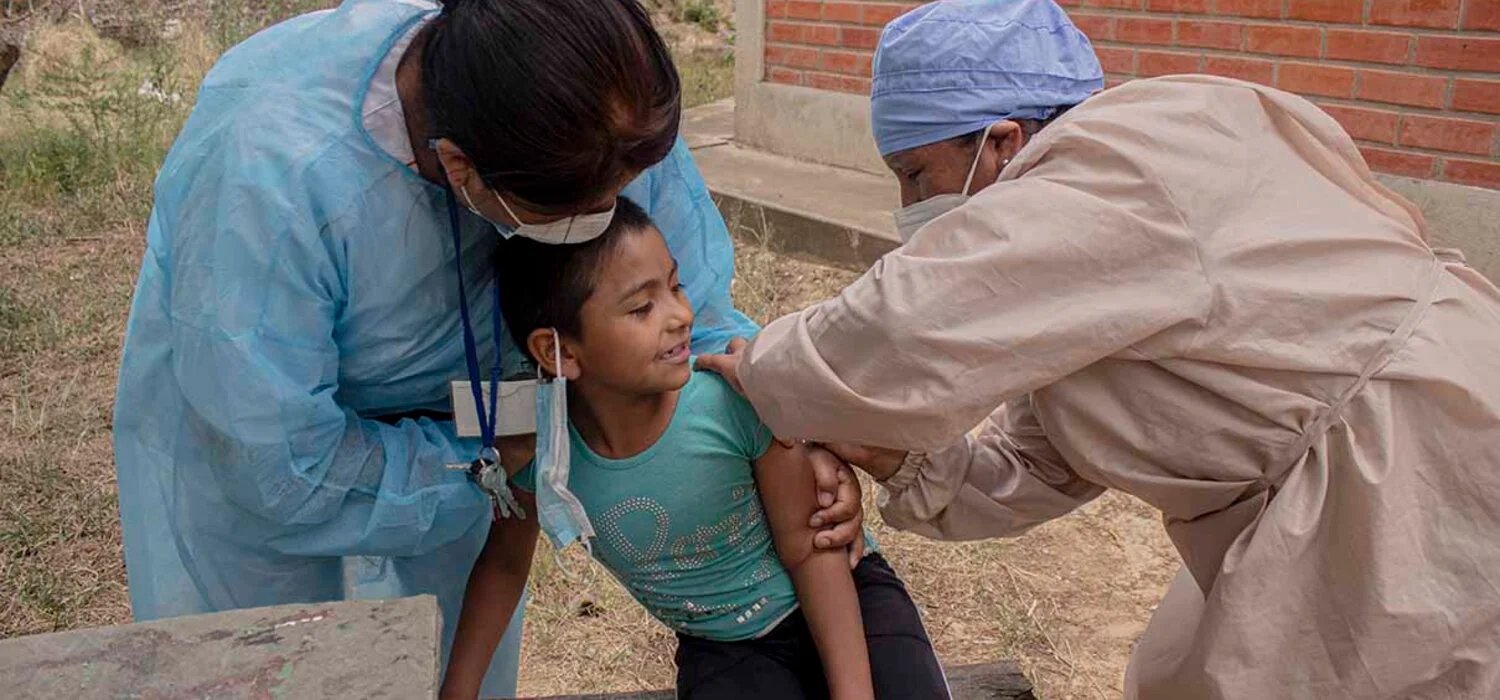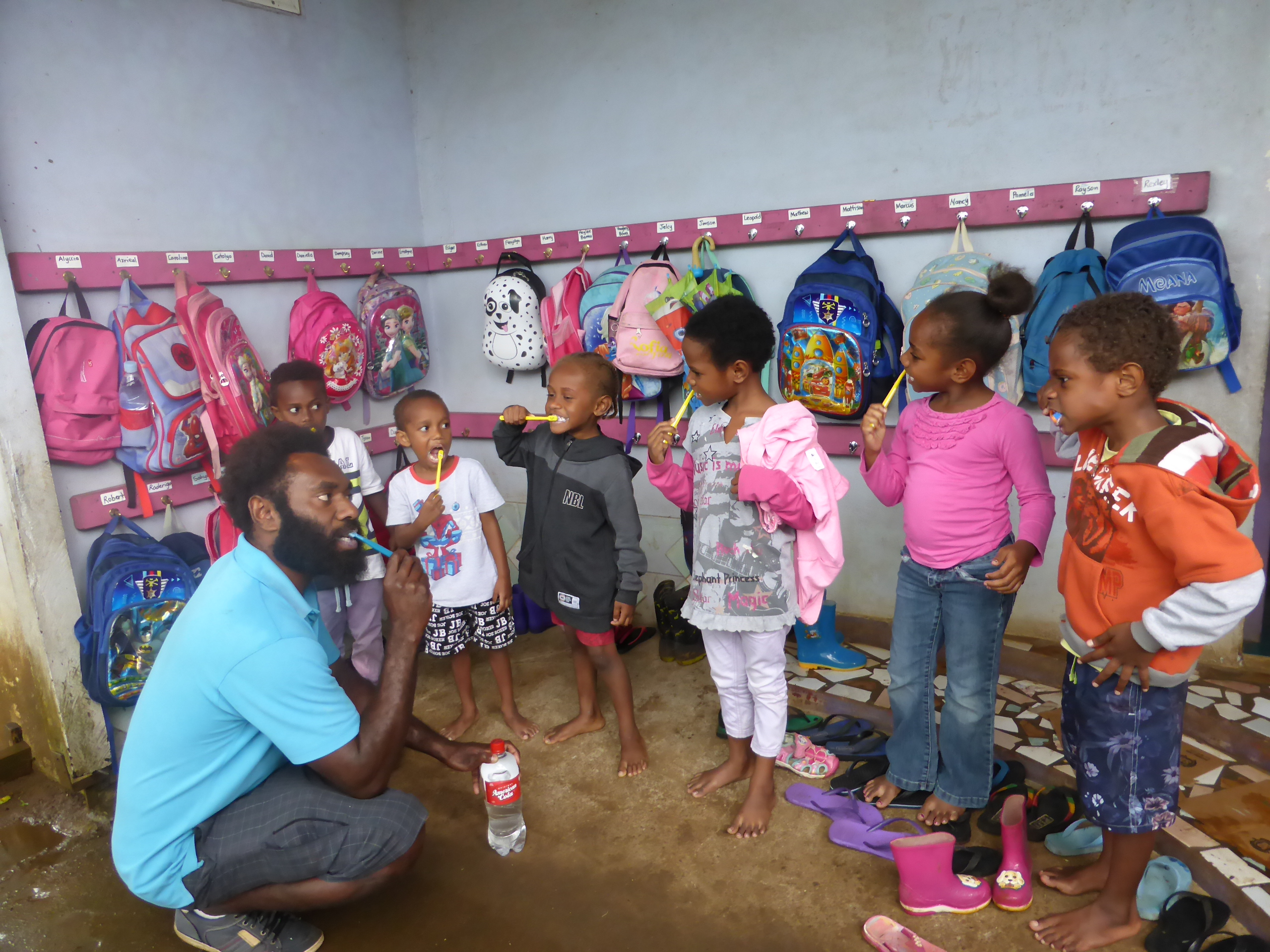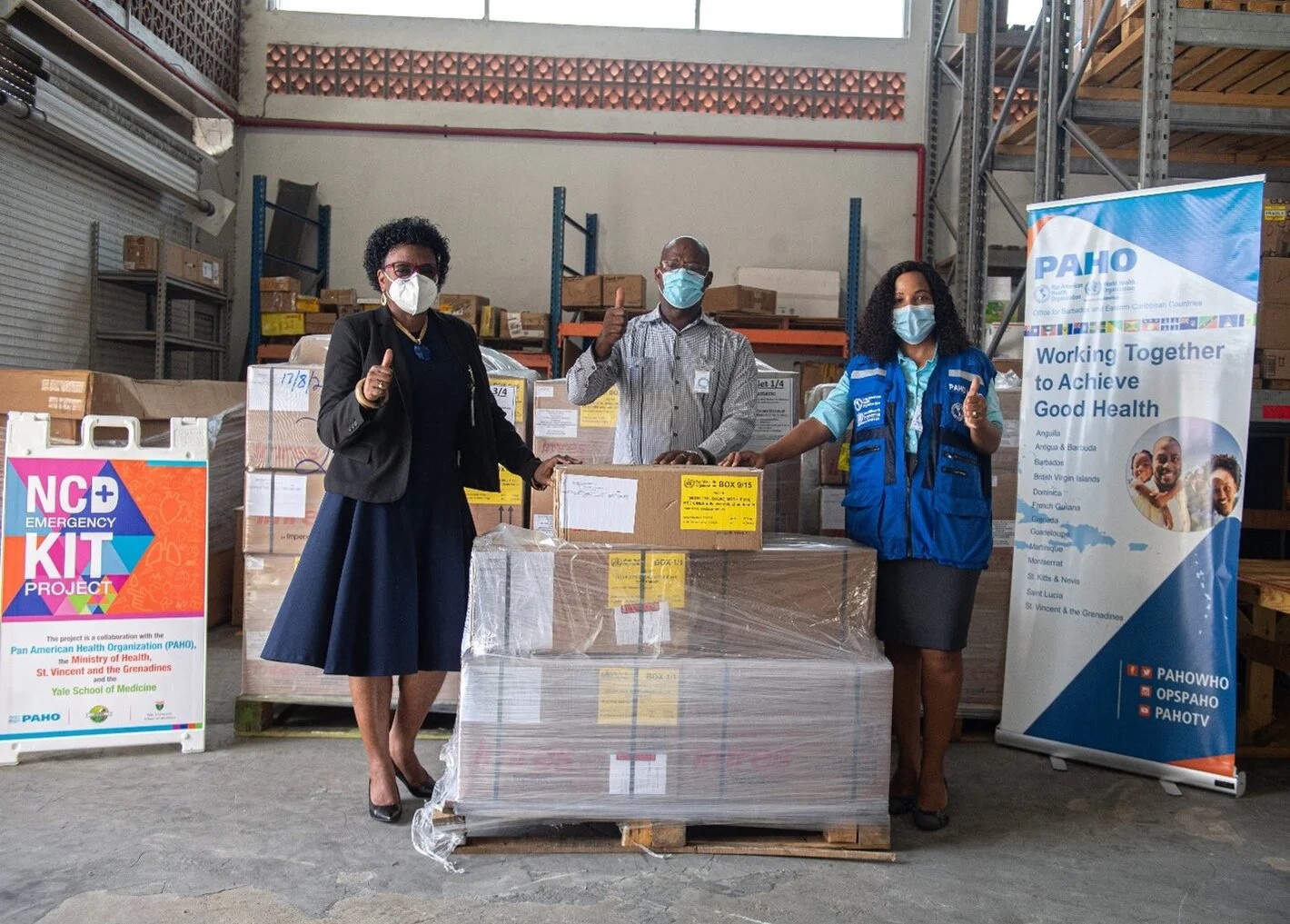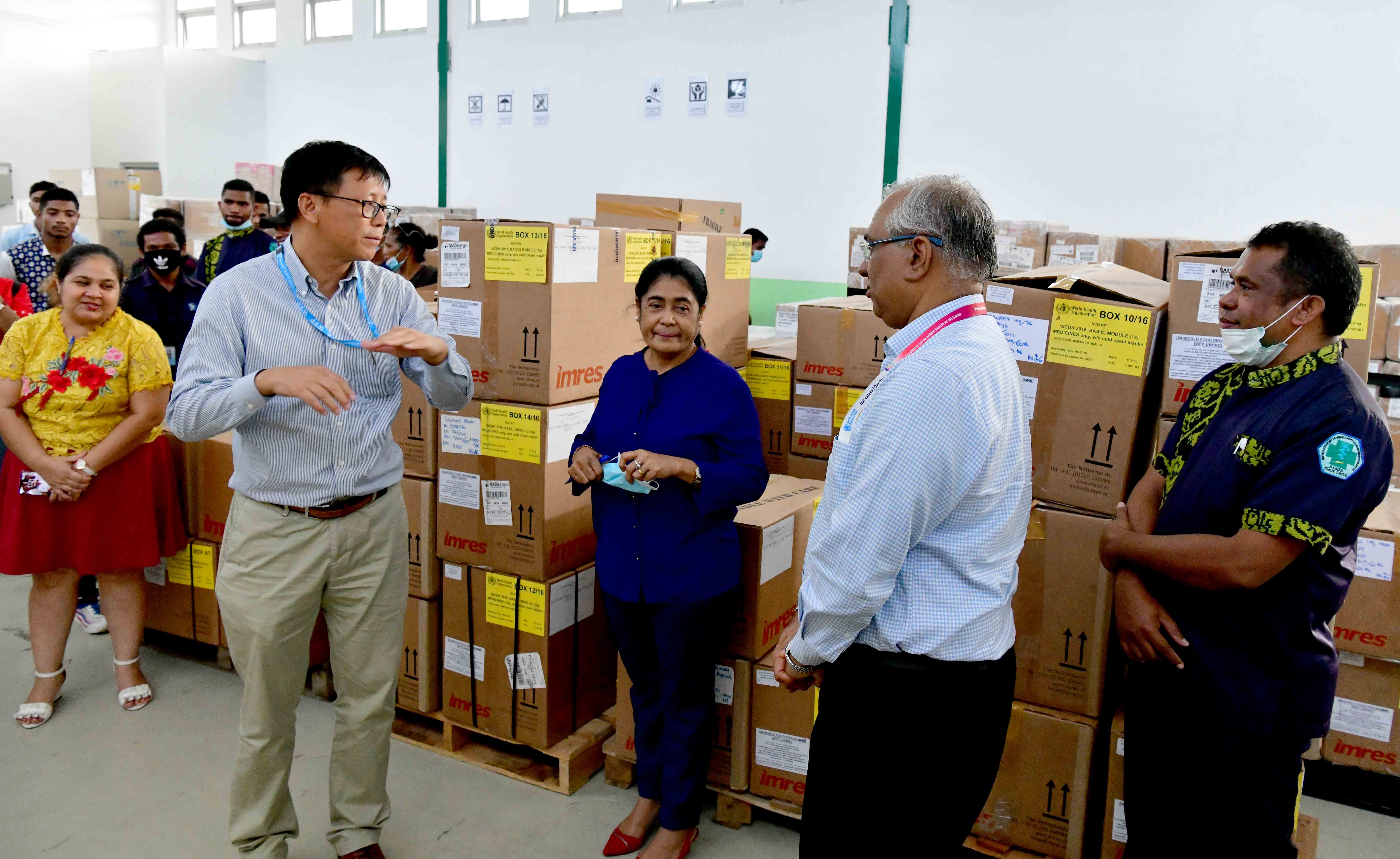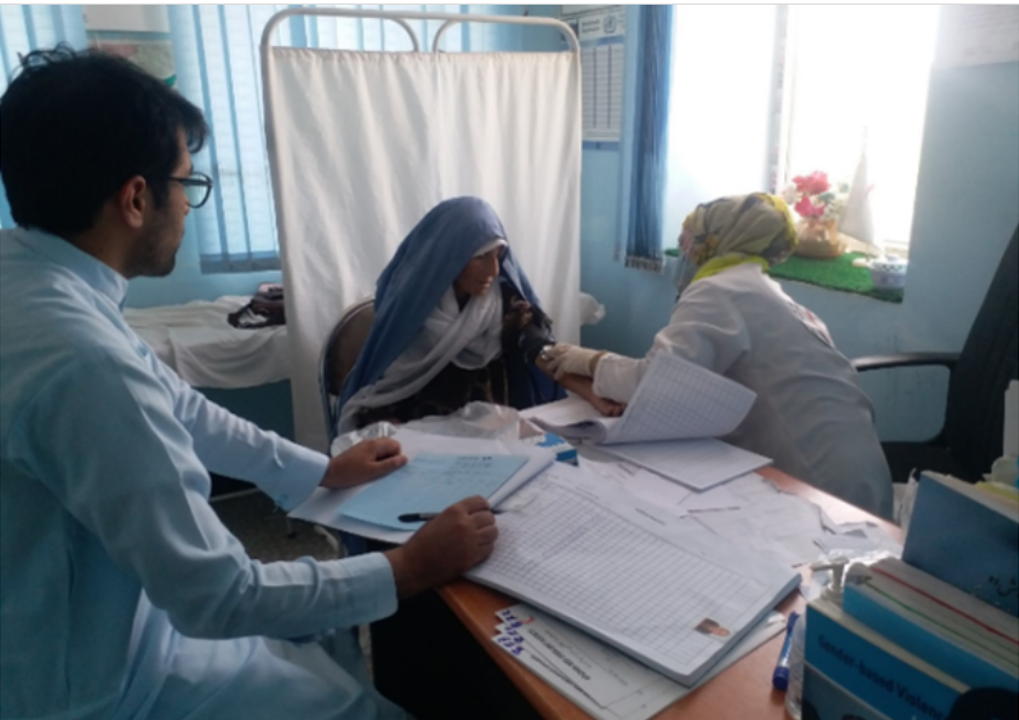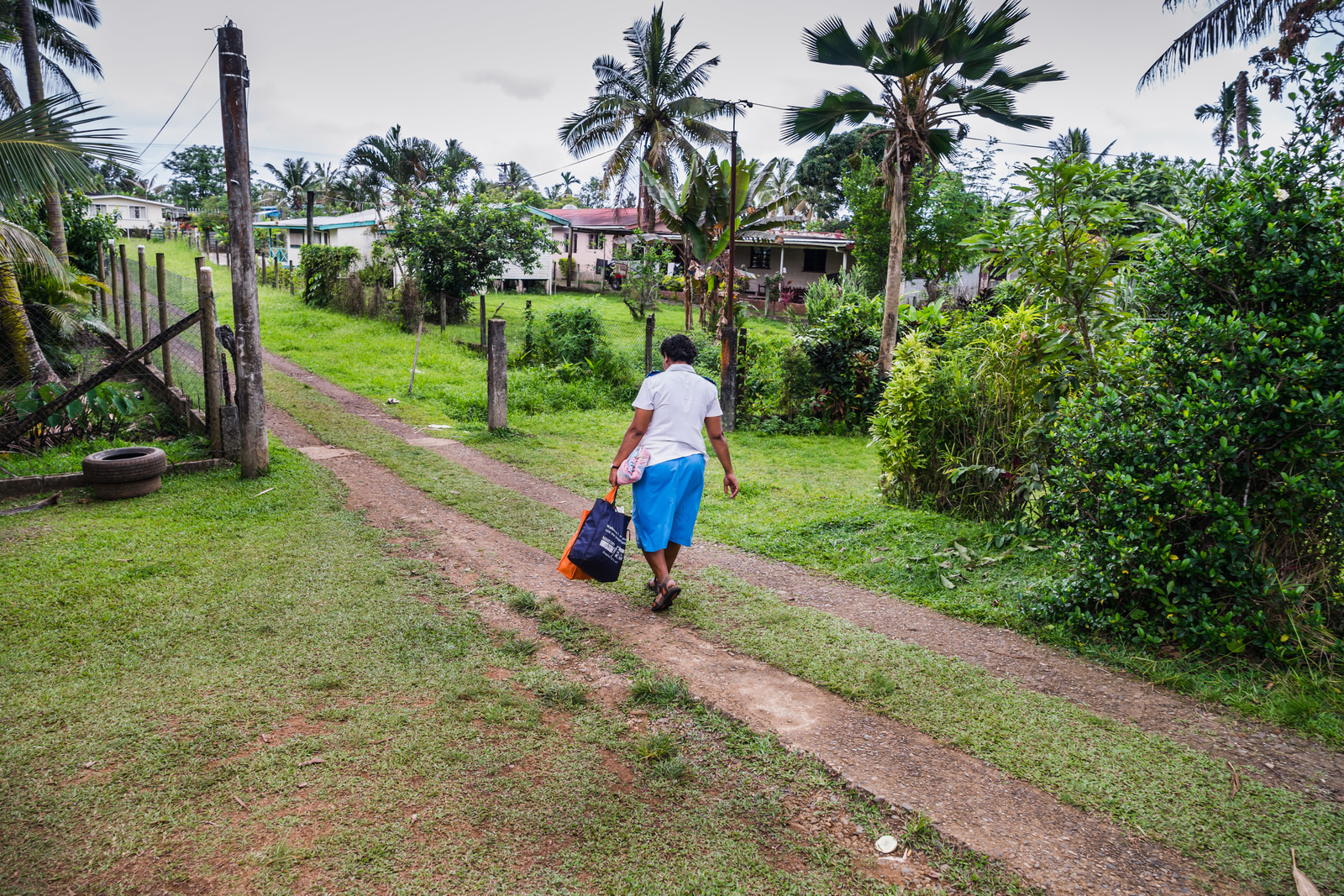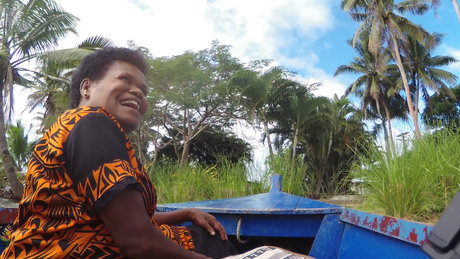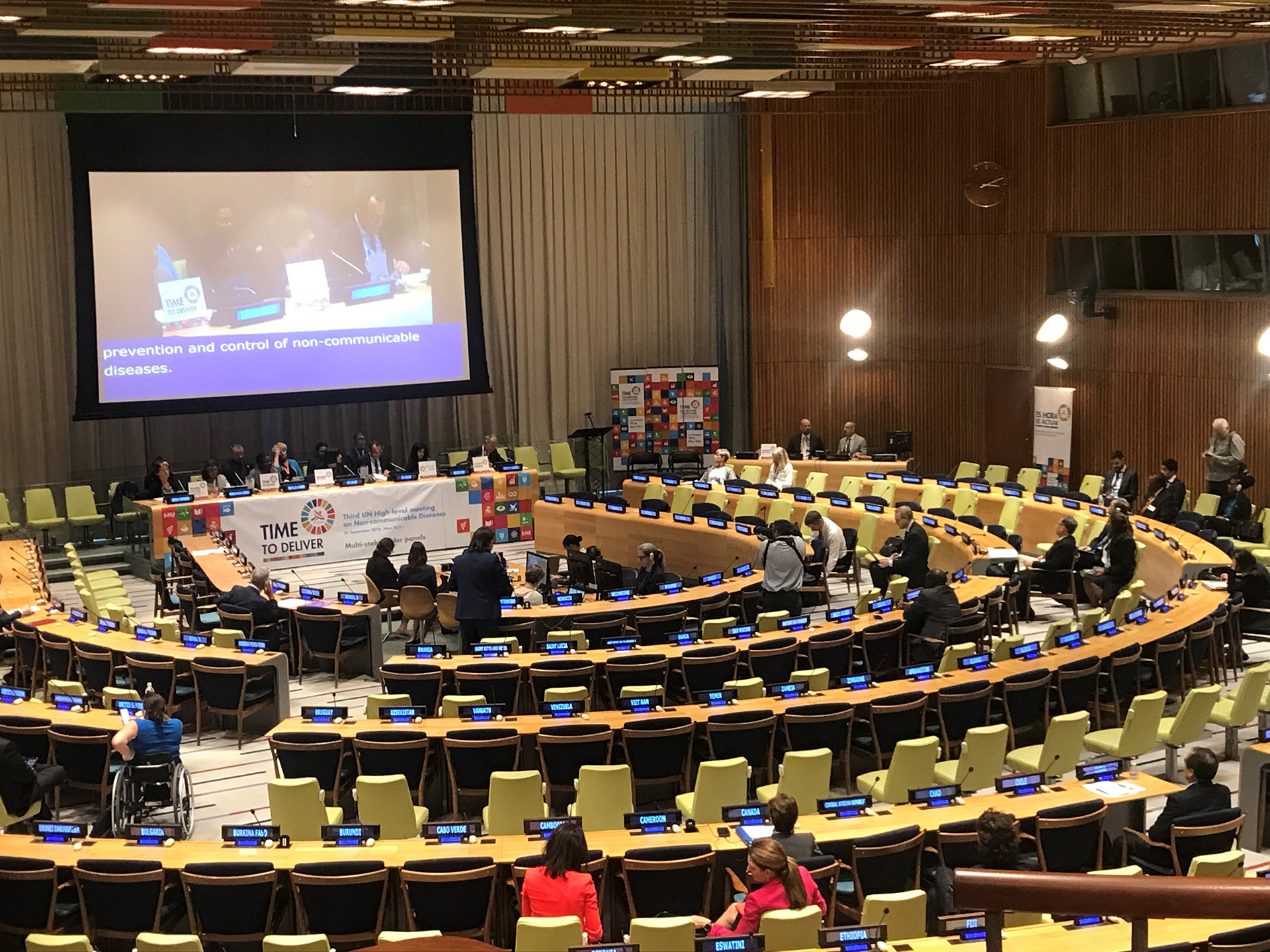Noncommunicable Diseases, Rehabilitation and Disability
We are responsible for leading, coordinating and monitoring global action to cover additional people with health services, medicines, vaccines, diagnostic and health technologies for the prevention, screening, early diagnosis and appropriate treatment of cardiovascular diseases, cancers, chronic respiratory diseases and diabetes. We aim to advance health equity for persons with disabilities, we have a focus on sensory impairments and bring together the work on rehabilitation from across the departments and from the 3 levels of the organization.

NCD case studies
WHO / Blink Media - Ricci Shryock
©
Credits
Stories from the field
Noncommunicable diseases (NCDs) such as cancer, diabetes, heart and lung diseases are the world’s biggest killers, accounting for 74% of deaths in 2019. In response, WHO provides technical guidance and support to Member States to improve NCD outcomes, and many feasible, cost-effective and equitable actions exist for countries to better prevent and manage NCDs.
On this page, we share examples of how countries around the world are adopting interventions to prevent and control NCDs for their populations.
Acting on NCDs in primary health care (PHC) and universal health coverage (UHC)
Improving cancer outcomes
Providing better health care for people living with diabetes
Diagnosing, treatment and managing hypertension
Oral health
Supporting people living with NCDs in health emergencies
Integrating disability and rehabilitation in health systems



